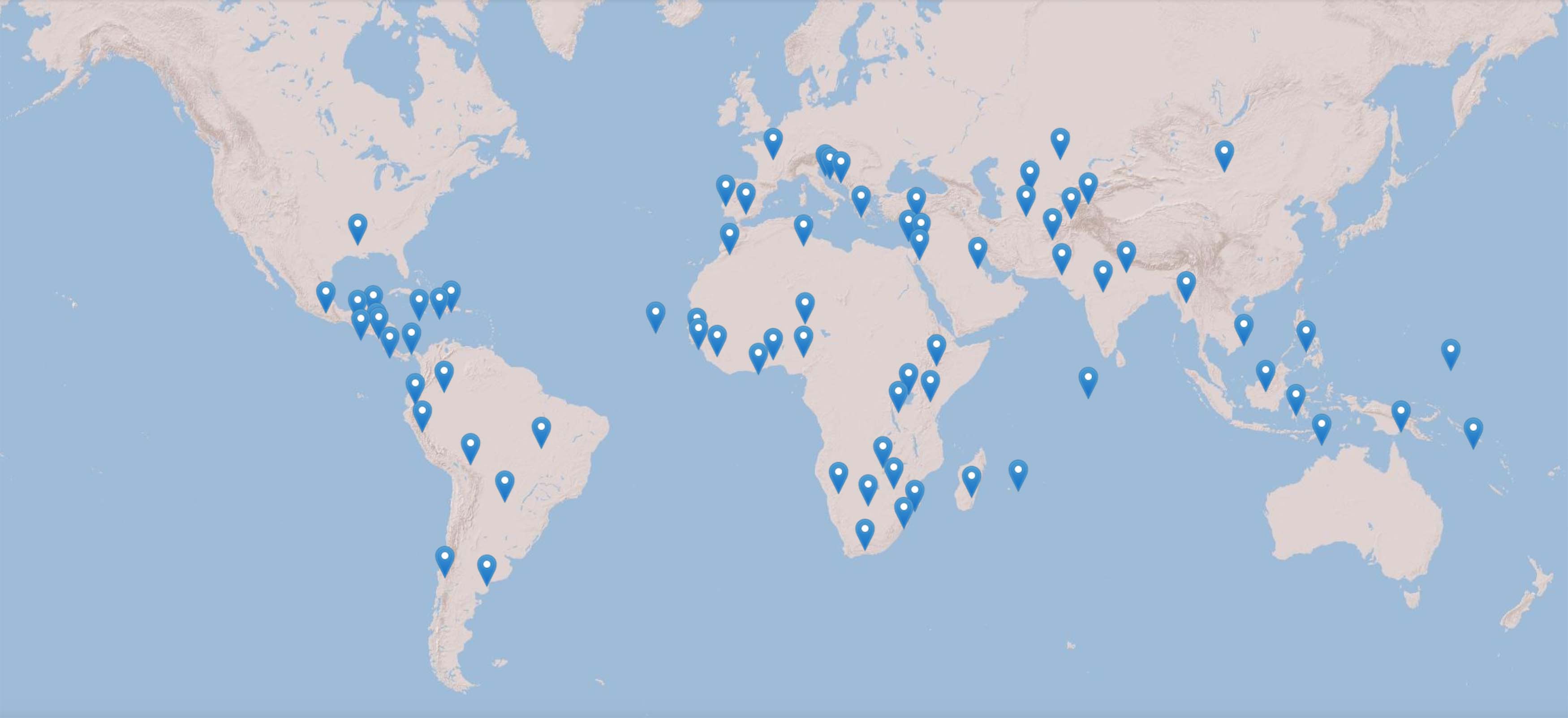Doha Declaration
Doha Declaration
Promoting A Culture of Rule of Law
UNODC
The United Nations Office on Drugs and Crime (UNODC) is the custodian of the United Nations standards and norms that are core elements of the rule of law. Applying to judges, lawyers, prosecutors, police and prison officials, and the public at large, these standards and norms dictate the conduct of key players in society. UNODC is committed to promoting the rule of law and to encouraging more debate about rule of law issues.

UN Crime Congress
Organized by UNODC, the United Nations Congress on Crime Prevention and Criminal Justice is the world's largest and most diverse gathering of policy-makers, practitioners, academia, intergovernmental organizations and civil society in the field of crime prevention and criminal justice. The Congress, held every five years since 1955, is committed to advancing crime prevention, criminal justice and the rule of law, and it has influenced national and international policies and professional practices for decades.

Doha Declaration
At the conclusion of the 13th United Nations Congress on Crime Prevention and Criminal Justice held in 2015 in Qatar, the Doha Declaration was adopted. Calling for the integration of crime prevention and criminal justice into the wider agenda of the United Nations, and endorsed by the General Assembly, the Doha Declaration has at its centre the understanding that the rule of law and sustainable development are interrelated and mutually reinforcing.
To put the Doha Declaration into reality, UNODC launched a multi-year programme (the Global Programme for the Implementation of the Doha Declaration) aimed at helping countries achieve a positive and sustainable impact on crime prevention, criminal justice, corruption prevention, and the rule of law. The Programme has implemented four initiatives to promote peaceful, corruption-free and inclusive societies for sustainable development, through a people-centred approach that provides access to justice for everyone and builds effective and accountable institutions at all levels.

Global Initiatives
Education for Justice
The Education for Justice (E4J) initiative seeks to prevent crime and promote a culture of lawfulness through education activities designed for primary, secondary and tertiary levels. These activities help educators teach the next generation to better understand and address problems that can undermine the rule of law and encourage students to actively engage in their communities and future professions in this regard.
Judicial Integrity
Effective, transparent and corruption-resistant public institutions boost confidence and form the core of good governance. Building on UNODC's extensive experience in providing assistance to Member States in this area, the Judicial Integrity initiative aims to assist judiciaries in strengthening judicial integrity and preventing corruption in the justice sector, in line with Article 11 of the UN Convention against Corruptions.
Prisoner Rehabilitation
Rehabilitation programmes in prisons are key to protecting society from crime and reducing recidivism. Crucial to this is for prisoners to be prepared for their release and successful reintegration into society through prison-based programmes and post-release support. Under the Global Programme, various constructive activities in prisons are being carried out, including education, vocational training and work programmes.
Youth Crime Prevention through Sports
Youth face many challenges that make them vulnerable to crime, violence and victimization, and it is key that their development is supported so that they can positively contribute to society. Using sports to provide positive experiences and support healthy development in young people, UNODC works to reduce anti-social behaviour by building important life skills that increase adaptive and positive behaviour among at-risk youth.

Worldwide Implementation
2015 - Ongoing
Since the Programme’s inception, over 1.9 million people from over 190 countries have been either directly or indirectly impacted by the Programme. This includes 55,000 stakeholders that have benefited from capacity-building activities. In addition, 72 countries have been or are in the process of receiving country-specific technical assistance. This specialized assistance is provided predominately at the national level and it can take the form of sharing information and providing skills training that focuses on the needs and priorities identified by a beneficiary country. Over 200 tools and materials The Global Programme has also enhanced its influence in the policy-making arena as demonstrated through the number of references of the Programme and the Doha Declaration in official UN reports, namely 158.





